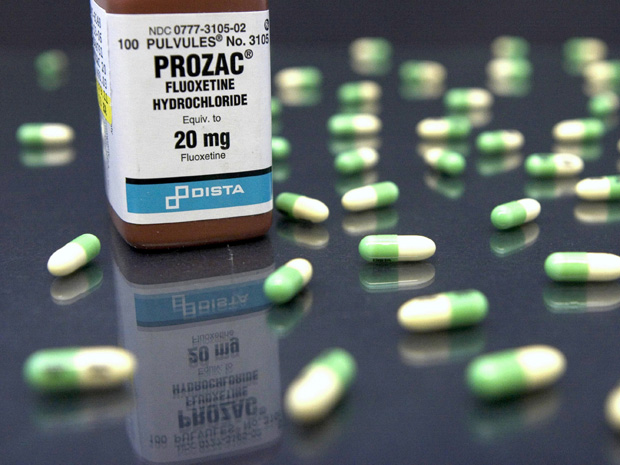
Can Prozac Cause Kids to Kill? A Canadian Judge Has Ruled it Can
A Winnipeg judge’s ruling that a teenage boy murdered his friend because of the effects of Prozac will not be appealed, confirming an apparent North American first and reviving debate around the widespread prescription of anti-depressants to young people. Justice Robert Heinrichs concluded the 15-year-old boy was under the influence of the medication when he thrust a nine-inch kitchen knife into the chest of Seth Ottenbreit, a close friend.
Justice Robert Heinrichs concluded the 15-year-old boy was under the influence of the medication when he thrust a nine-inch kitchen knife into the chest of Seth Ottenbreit, a close friend.




